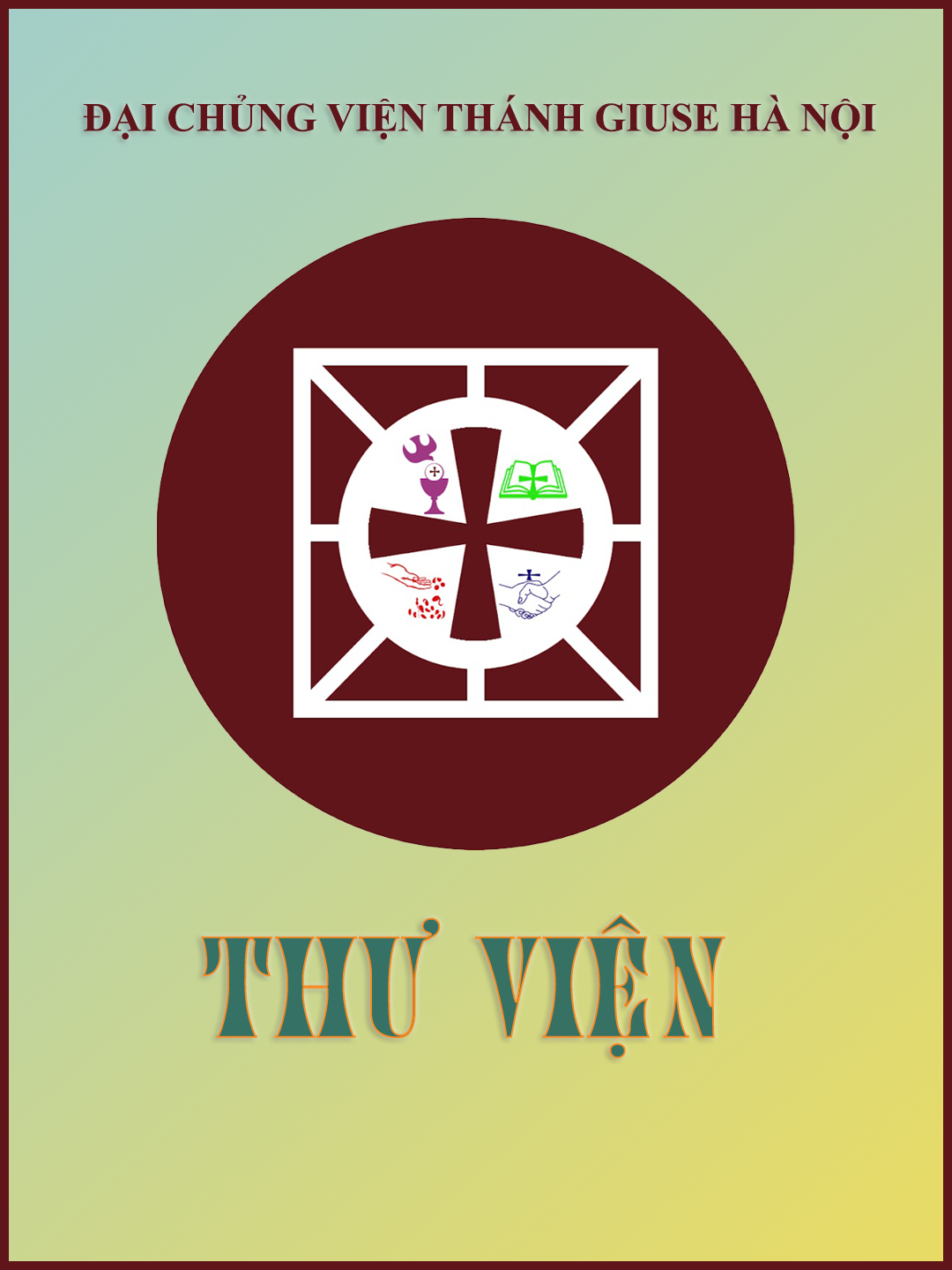| Introduction: The Background of "Iwentieth- Century Theology" | 1 |
| Part One: Dialectical Theology and Descendants | 13 |
| 1. The Crisis in Theology | 15 |
| Albert Schweitzer, The Quest of the Historical Jesus | 18 |
| Karl Barth, The Strange New Worrld within the Bible | 21 |
| Ernst Troeltsch, The Absoluteness of Chrisstianity | 31 |
| 2. Dialectical Theology | 39 |
| Karl Barth, The Epistle to the Romans | 42 |
| Rudolf Bultmann, The Question of "Dialectical" Theology | 50 |
| Emil Brunner, Naturre and Grace | 54 |
| 3. New Systematics | 62 |
| Karl Barth, Church Dogmatics | 65 |
| Paul Tillich, systematic Theolgy | 80 |
| 4. Theologies of Secularization | 94 |
| Dietrich Bonhoeffer, Letters to Eberhard Bethge | 98 |
| Friedrich Gogarten, Secularization and Christian Faith | 107 |
| 5. The New Hermeneutics | 115 |
| Rudolf Bultmann, the Problem of Hermeneutics | 119 |
| Gerhard Ebeling, the Word of God an Hermeneutics | 130 |
| Ernst Fuchs, The Essence of the "Luaguag Event" and Christology | 138 |
| 6. Eschatological Theology | 147 |
| Wolfhart Pannenberg, Revelation as History | 151 |
| Jurgen Moltmann, Theology of Hope | 160 |
| Johannes Metz, the Church and the World in light of "Political Theology" | 168 |
| 7. Trinitarian Theology | 179 |
| Karl Barth, the Doctrine of the Trinity | 182 |
| Karl Rahner, The Trinity | 190 |
| Eberhard Jungel, the doctrine of the Trinity | 196 |





